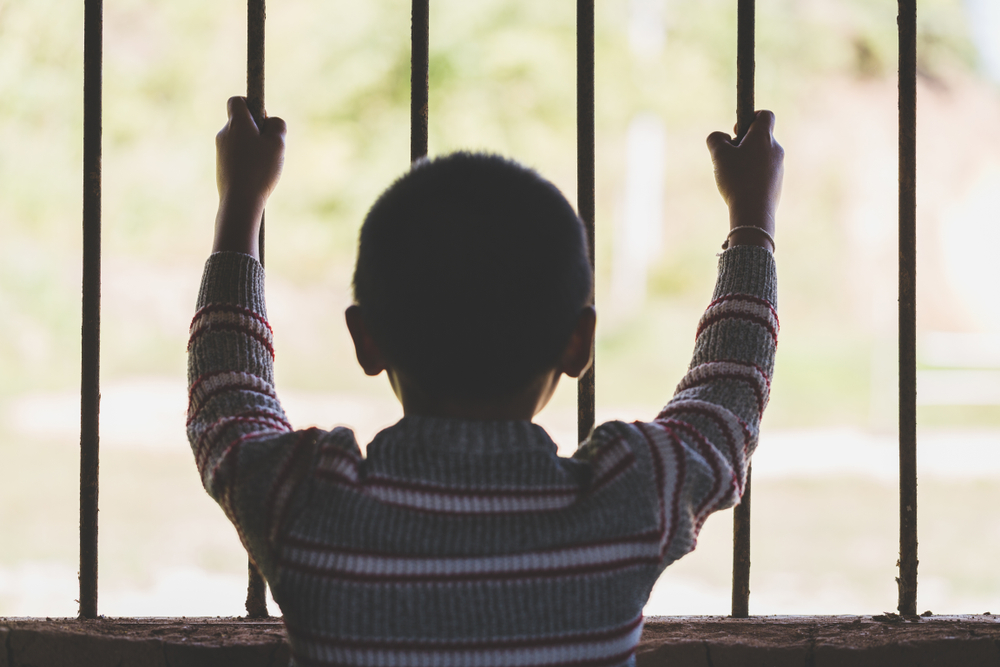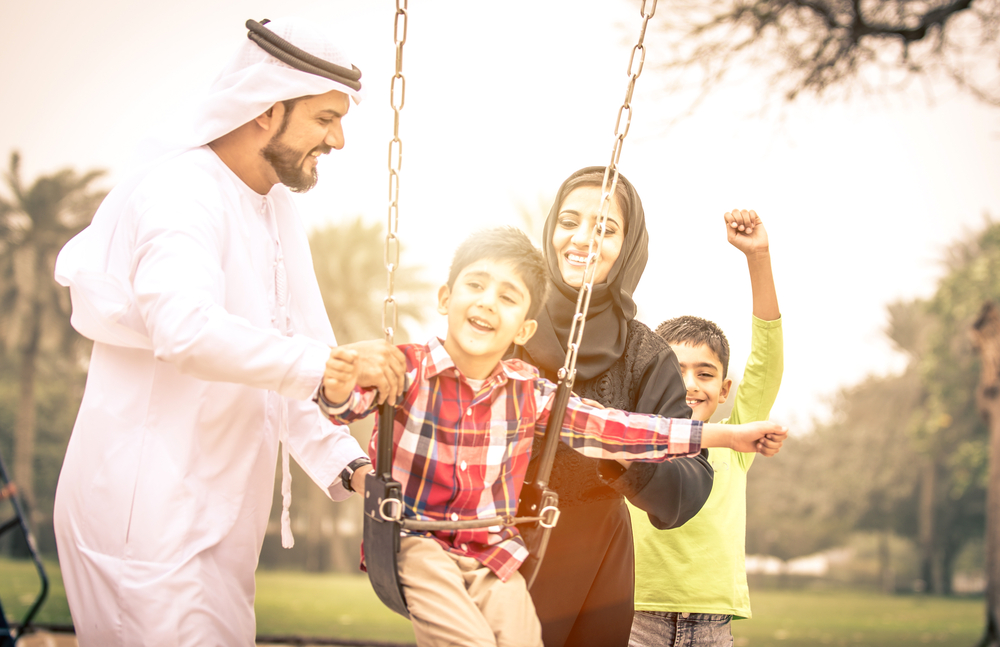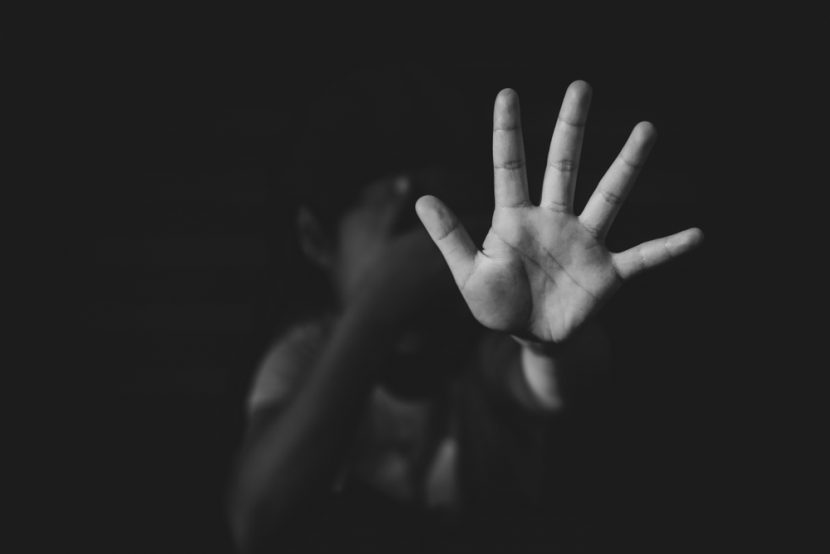Murtaja Qureiris, now 18, faces the death penalty for participating in a series of peaceful protests which trace back to when he was 10 years old. He was arrested in September 2014 at the age of 13 for his involvement in the bicycle protests in Saudi Arabia’s eastern province, Qatif province along with a group of young boys. This article will reveal the facts behind Murtaja Qureiris arrest and the conditions that he’s been subjected to, the current national and international laws in place and how there is a clear conflict of laws in Saudi Arabia, how Saudi Arabia can rectify it broken legal system and call to action to stop the unlawful killing of Murtaja Qureiris.
“It is appalling that Murtaja Qureiris is facing execution for offences that include taking part in protests while he was just 10 years old.” Amnesty International’s Middle East Research Director Lynn Maalouf (Amnesty International, 2019)
Facts
CNN published videos of Mr Qureiris leading a crowd of other children at a bike protest in 2011. He was 10 at the time. It was the height of the Arab Spring uprisings sweeping the Middle East and North Africa, and protests had engulfed the largely Shiite eastern province of Saudi Arabia. Those protests often ended in bloodshed or mass arrests. (Specia, 2019)
The group was calling for more rights for Saudi Arabia’s Shia minority. It was one of the many expressions of political dissent by Shia Muslims across Saudi Arabia during the Arab Spring. (Loomes, 2019)
According to the European Saudi Organisation for Human Rights (ESOHR), he had been arrested since 20 September 2014 by workers at the King Fahd Causeway when he was on his way with members of his family to say goodbye to his traveling father. There was no prior summons, and the causeway employee simply mentioned that he was wanted by the Mabahith, without explaining the legal justifications or showing the arrest warrant. (European Saudi Organisation for Human Rights, 2019)

During the period of investigation, Murtaja was subjected to coercion and deception by the interrogators. He remained in solitary confinement for a month, during which he was tortured and beaten, and he was also promised repeatedly that he would be released if he cooperated with the investigation and admitted the charges against him. The observation homes are not considered a safe place for children because torture and cruel and degrading treatment are practiced there, as well as allegations of employees committing sexual crimes against the children. (European Saudi Organisation for Human Rights, 2019)
In May 2017, after Saudi Arabia promised to release him, Murtaja was transferred to a notorious Mabahith prison for adults, even though he was only 16 at the time. Mabahith prisons are known in Saudi Arabia for their routine use of torture and inhuman treatment. (European Saudi Organisation for Human Rights, 2019)
Murtaja has been deprived of most of his basic rights. Most notably, he was completely denied access to any legal support or counsel for nearly four years after his arrest, and he was not permitted to do so until after his trial began. During his first court hearing in August 2018, the Prosecutor-General charged him with a mixture of charges. Some of the charges concerned his participation in demonstrations and forms of protest such as shouting demands for rights or expressing political opinions, while others involved broad charges such as provoking sectarian strife, terrorism, and riots. (European Saudi Organisation for Human Rights, 2019)
National and international law
- The age of criminal responsibility in Saudi Arabia is unclear, but in 2006 the government told the Committee on the Rights of the Child that it had raised it to 12. (Muhammad Darwish, 2019)
- Saudi Arabia has also previously told the United Nations that it does not impose the death penalty on prisoners convicted of crimes before the age of criminal responsibility. (Muhammad Darwish, 2019)
- According to Human Rights Watch, Saudi Arabia’s criminal justice system lacks any codified penal law and grants prosecutors and judges broad discretion in charging and sentencing individuals for ill-defined offenses. This promotes arbitrary outcomes that contravene international standards of due process, and whose impact is magnified because Saudi Arabia retains the death penalty and other forms of physical punishment. (Human Rights Watch , 2008)
- Children under age 12 may also be subject to arrest and prosecution because new standards announced in 2006 raising the age of criminal responsibility from seven to 12 for boys do not appear to be well publicized or enforced. Regulations governing girls in conflict with the law does not set any minimum age of criminal responsibility. (Human Rights Watch , 2008)
- For children who come into conflict with the law, Saudi Arabia has juvenile courts and detention facilities, but no comprehensive legislation or framework to address how these children should be treated. This means they suffer under a system that ultimately fails to uphold the rights of all children to protection from abuse and ill-treatment and to due process. (Human Rights Watch , 2008)
- The use of the death penalty for offences committed by people below 18 years of age is strictly prohibited by international law. (Amnesty International, 2019)
Apart from weak national laws Saudi Arabia is violating the Convention on the Rights of the Child (UNCRC 1989), the main articles which are being violated;
- Article 1 a child means every human being under the age of 18 years;
- Article 6 right to life;
- Article 13 right to freedom of expression;
- Article 15 right to freedom of association and freedom of peaceful assembly;
- Article 19 protect the child from all forms of violence;
- Article 21 best interests of the child;
- Article 27 right to a standard of living adequate for the child’s mental, physical, moral, spiritual and social development;
- Article 40 right of every child alleged as accused to be treated in a manner consistent with the promotion of the child’s sense of dignity and worth. (UN General Assembly , 1989)

Furthermore the Saudi Arabia is signatory to the Convention against Torture and Other Cruel, Inhuman or Degrading Treatment or Punishment (UNCAT 1984), which it has breached various obligations under the said treaty namely;
- Article 2(1) prohibits torture, and requires parties to take effective measures to prevent it in any territory under their jurisdiction. This prohibition is absolute and non-derogable. “No exceptional circumstances whatsoever”.
- Article 16 (1) requires parties to prevent “other acts of cruel, inhuman or degrading treatment or punishment which do not amount to torture as defined in article 1” in any territory under their jurisdiction (UN General Assembly, 1984)
The way forward
Country representatives also said that Saudi Arabia should accede to major human rights treaties and covenants, including the International Covenant on Civil and Political Rights (ICCPR 1966) and the International Covenant on Economic, Social, and Cultural Rights (ICESCR 1966), which along with Universal Declaration of Human Rights make up the International Bill of Human Rights. Saudi Arabia is one of only a handful of countries in the world that have not signed or ratified those treaties, though Saudi representatives have claimed since 2009 that ratification is under consideration. (Human Rights Watch, 2018)
“The world should seize this opportunity to demand justice for Saudi Arabia’s serious rights abuses and harmful practices, many of which have been going on for decades,” Michael Page, deputy Middle East director at Human Rights Watch said. (Human Rights Watch, 2018)

Call to Action
For too long the government of Saudi Arabia has continuously violated human rights despite being a signatory to a few international treaties the government clearly has no respect for these treaties. Moreover, the government must be held accountable for its atrocious acts this can be achieved through universal condemnation from the international community and heavy sanctions from leading organisations such as the UN, that being said the same action is required to ensure the life of Murtaja Qureiris is not lost. At Humanium, we show our solidarity with Murtaja because we do believe that all children and youngsters must also be ensured protection against violence and negligence, and their needs must be fulfilled, including those of water, food, safety, and hygiene. A minor’s well-being and best interests must be important determining factors in investigations.
Written by Igi Nderi
Works Cited
Amnesty International. (2019, June 7). Saudi Arabia: Authorities must not resort to use of death penalty against protester arrested aged 13. Retrieved from Amnesty International : https://www.amnesty.org/en/latest/news/2019/06/saudi-arabia-authorities-must-not-resort-to-use-of-death-penalty-against-protester-arrested-aged-13/
European Saudi Organisation for Human Rights. (2019, June 7). Saudi Arabia wants to crucify minor Murtaja Qureiris for charges dating back to when he was 11. Retrieved from European Saudi Organisation for Human Rights Reports: https://www.esohr.org/en/?p=2347
Human Rights Watch . (2008, March 24). Adults Before Their Time-Children in Saudi Arabia’s Criminal Justice System. Retrieved from Human Rights Watch: https://www.hrw.org/report/2008/03/24/adults-their-time/children-saudi-arabias-criminal-justice-system
Human Rights Watch. (2018, November 15). Saudi Arabia: Rights Abuses Under Scrutiny. Retrieved from Human Rights Watch: https://www.hrw.org/news/2018/11/15/saudi-arabia-rights-abuses-under-scrutiny
Loomes, P. (2019, June 10). Saudi teen faces beheading and crucifixion for protesting as a child. Retrieved from News.com.au/ Middle East: https://www.news.com.au/world/middle-east/saudi-teen-faces-beheading-and-crucifixion-for-protesting-as-a-child/news-story/22eee06fb2be1938e39ddbab9cbea8b0
Muhammad Darwish, T. Q. (2019, June 7). He was arrested at 13. Now Saudi Arabia wants to execute him. Retrieved from CNN, Exclusive Report: https://edition.cnn.com/interactive/2019/06/middleeast/saudi-teen-death-penalty-intl/
Specia, M. (2019, June 11). Eighteen-year-old Murtaja Qureiris is facing the death penalty, after being held for more than four years. Retrieved from SBS News: https://www.sbs.com.au/news/murtaja-qureiris-saudi-teen-facing-death-penalty-for-protesting-when-he-was-10
Specia, M. (2019, June 9). Saudi Teenager Faces Death Sentence for Acts When He Was 10. Retrieved from The New York Times: https://www.nytimes.com/2019/06/09/world/middleeast/saudi-teenager-death-sentence.html
UN General Assembly . (1989, November 20). Convention on the Rights of the Child. Retrieved from United Nations Treaty Series: https://www.unicef.org/sites/default/files/2019-04/UN-Convention-Rights-Child-text.pdf
UN General Assembly. (1984, December 10). Convention against Torture and Other Cruel, Inhuman or Degrading Treatment or Punishment. Retrieved from United Nations Treaty Series: https://www.refworld.org/docid/3ae6b3a94.html
United Nations Human Rights Office of the High Commissioner. (2019, October 29). UN experts call on Saudi Arabia to halt death sentences on children. Retrieved from United Nations Human Rights Office of the High Commissioner: https://www.ohchr.org/EN/NewsEvents/Pages/DisplayNews.aspx?NewsID=23795&LangID=E


